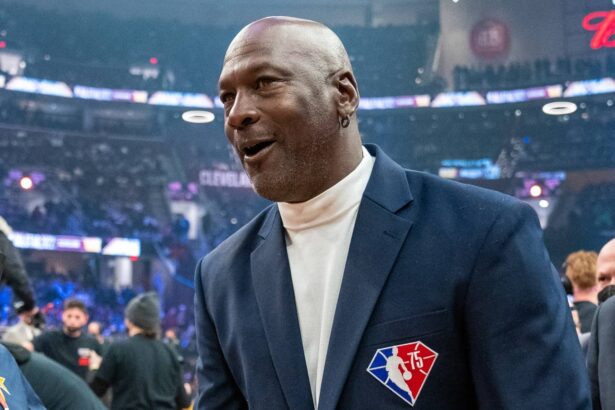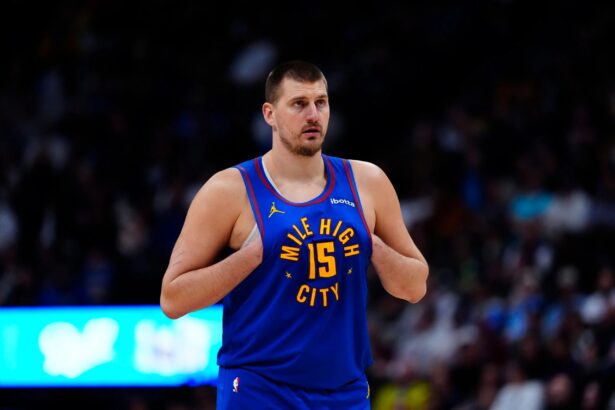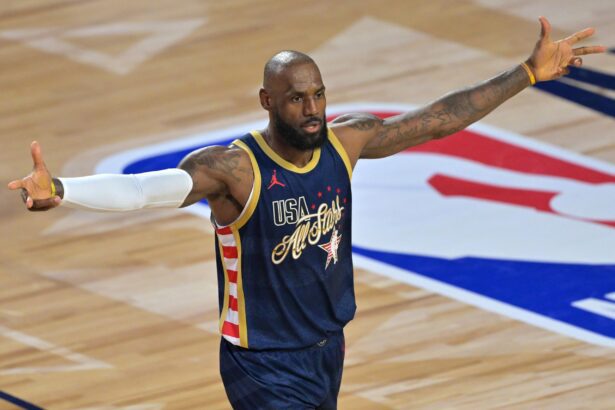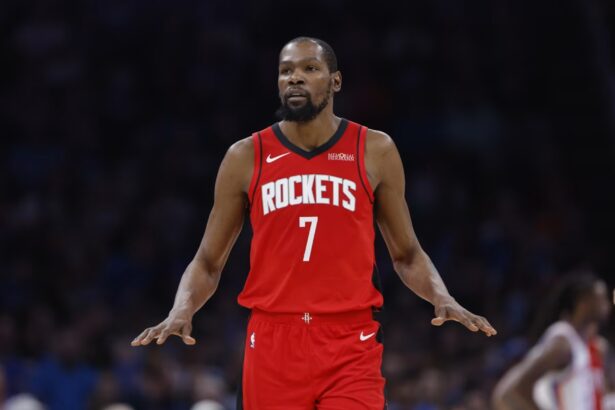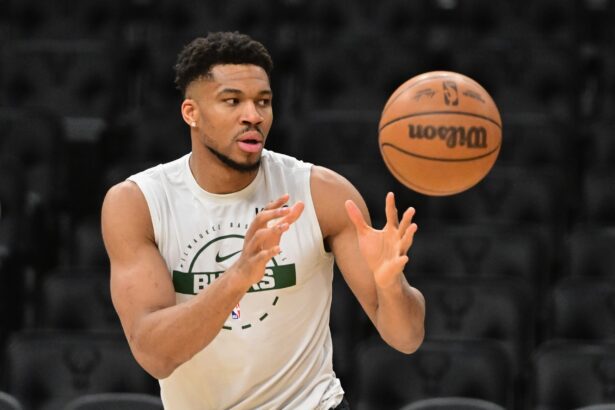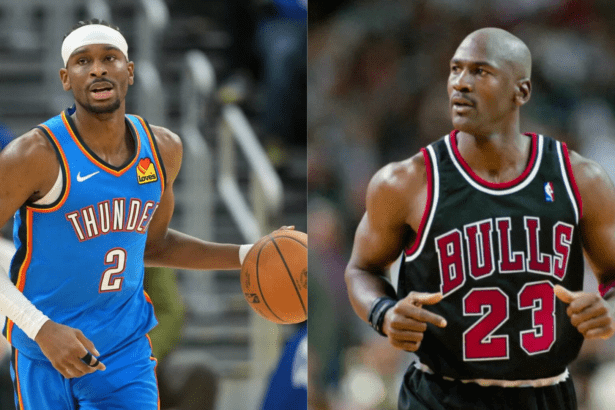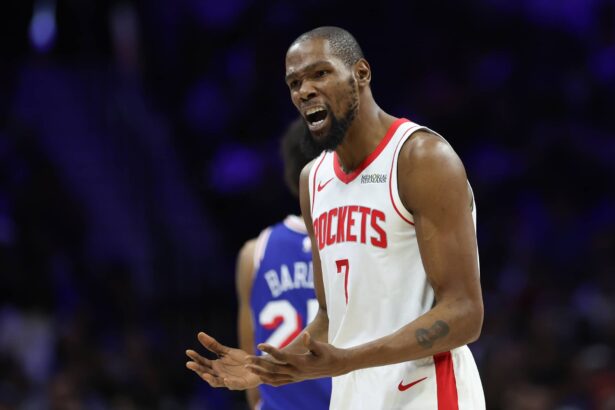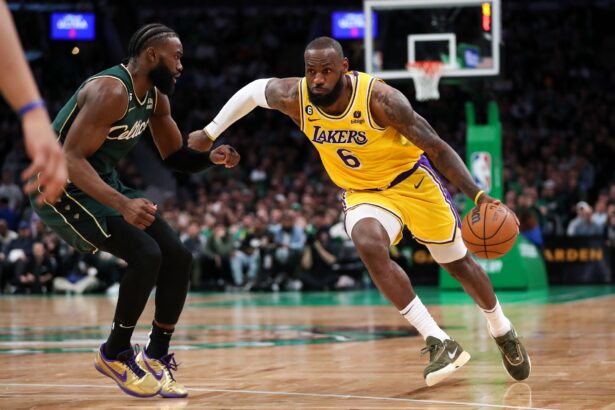The Dallas Mavericks let a winnable game slip away in Mexico City, unraveling in the fourth quarter as the Detroit Pistons surged late to hand them a 122-110 loss. Despite a much-needed scoring punch from D’Angelo Russell off the bench and a gritty, volume-based outing from No. 1 pick Cooper Flagg, Dallas simply collapsed when it mattered most, getting outscored 35-17 in the final frame.
Missing Anthony Davis due to a left-leg injury, the Mavericks struggled to generate consistent half-court offense and couldn’t contain Detroit’s interior dominance, highlighted by Jalen Duren’s monstrous 33-point, 10-rebound night and Cade Cunningham’s masterclass playmaking.
What looked like a promising 93-87 lead after three quarters quickly transformed into Dallas’ ugliest late-game performance of the season. Let’s go into the major takeaways from Dallas’ loss that drops their record in the season to a disappointing 2-4.
1. Dallas Collapsed Completely In The Fourth Quarter
The Mavericks entered the fourth quarter up 93-87 and appeared to have control of the game, but everything unraveled stunningly. Dallas was outscored 35-17 in the final period, looking physically drained and mentally scattered as Detroit ramped up its defensive pressure.
What had been a competitive, back-and-forth effort quickly transformed into an ugly late-game meltdown reminiscent of the Mavs’ worst crunch-time habits. The biggest problem was Dallas’ inability to generate clean looks or maintain any sort of offensive structure when Detroit tightened the screws.
With Anthony Davis unavailable, the Mavericks lacked a true half-court presence, leaving them overly reliant on improvised jump shots and stagnant perimeter actions. Detroit exploited this, forcing turnovers, contesting threes, and pushing the pace off long rebounds as Dallas’ offense froze in place.
Meanwhile, the Pistons attacked relentlessly on the other end, hammering Dallas inside and exposing a defense struggling to communicate and contain dribble penetration. The Mavericks gave up 72 points in the paint, a glaring indicator of how little resistance they offered as the game slipped away.
2. Dallas Had No Answer For Jalen Duren’s Interior Dominance
The Mavericks were shredded inside all night, but Jalen Duren’s 33 points on 13-of-16 shooting was the most overwhelming factor. He bullied Dallas’ frontcourt, controlled deep position, and finished everything around the rim, exposing the Mavs’ glaring lack of interior physicality without Anthony Davis anchoring the paint.
Duren’s five offensive boards (Detroit had 14 offensive rebounds total) created second-chance opportunities Dallas simply couldn’t afford to give up. Daniel Gafford battled, but he was overmatched without help, frequently caught in rotations caused by Cade Cunningham’s penetration.
The Mavs’ weak-side support was consistently late, and Duren feasted on dump-offs, lobs, and quick seals under the basket. At one point, Detroit ran consecutive actions designed solely to force Dallas into a switch, and each time, Duren punished it with ruthless efficiency.
The defensive collapse inside was magnified by Dallas’ inability to score in the paint themselves, finishing with just 26 points in the paint, a staggering 46-point deficit in that area. That disparity alone reflects how dramatically Detroit controlled the physical side of the game. Without Davis’ length and presence, Dallas simply didn’t have a counter against one of the NBA’s most imposing young centers.
3. Turnovers And Sloppy Guard Play Crushed Any Chances Of A Win
The Mavericks committed 15 turnovers, many of them unforced, and those mistakes turned into 24 Detroit points, a massive swing in a game that was tied or close for three quarters. Several of the turnovers were the result of miscommunication or rushed decision-making, particularly as Detroit increased pressure in the second half.
Dallas’ guards struggled to maintain composure, and the Pistons’ length disrupted passing lanes all night. Max Christie had a solid shooting night, but even he couldn’t control the ball consistently. Cooper Flagg, while showing flashes, struggled with efficiency and rhythm, shooting 3-for-14 and forcing a few drives that led directly to runouts the other way.
Klay Thompson, who started well, faded as the game progressed and was unable to provide a stabilizing presence when Dallas desperately needed one. Meanwhile, Detroit’s guards set the tone.
Cade Cunningham had 18 assists, completely controlling the tempo and manipulating Dallas’ defensive coverages. The contrast in decision-making was stark: while Cade orchestrated, Dallas was scrambling. Those ball-control issues snowballed in the fourth quarter, contributing directly to the Pistons’ finish.
4. D’Angelo Russell Was The Lone Bright Spot, But His Effort Wasn’t Enough
Coming off the bench, D’Angelo Russell dropped 31 points on 10-for-17 shooting, including seven made threes, single-handedly keeping the Mavericks afloat for long stretches. His shotmaking was timely and essential, especially in the second and third quarters when Dallas’ offense threatened to stall.
But the bigger issue was that Dallas couldn’t replicate that spark elsewhere. The starters combined to shoot 17-of-48, with P.J. Washington, Cooper Flagg, and Klay Thompson all struggling to find consistency. Without complementary production or scoring balance, Russell’s big night became more of a Band-Aid than a sustainable path to winning the game.
Defensively, Russell also struggled late, like the rest of the team, because Detroit’s guards hunted mismatches and put him into actions repeatedly. That’s not entirely his fault, given the structural breakdowns happening behind him, but it shows how thin Dallas’ margin for error was. His performance was impressive, but the team cannot rely on one hot hand to carry them through physical, grind-it-out games.






